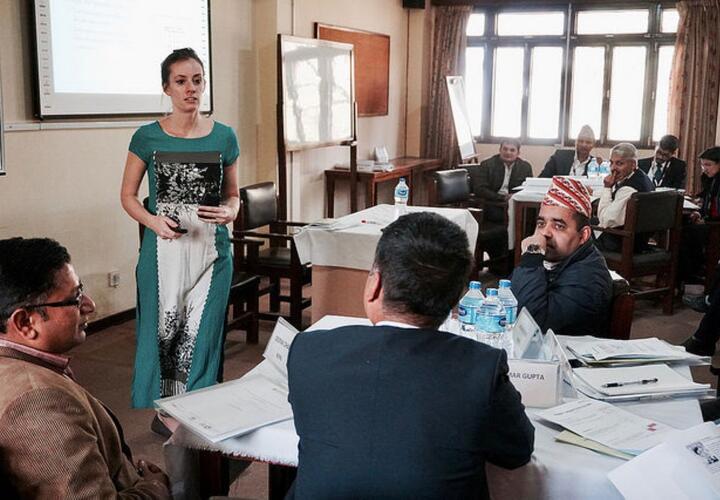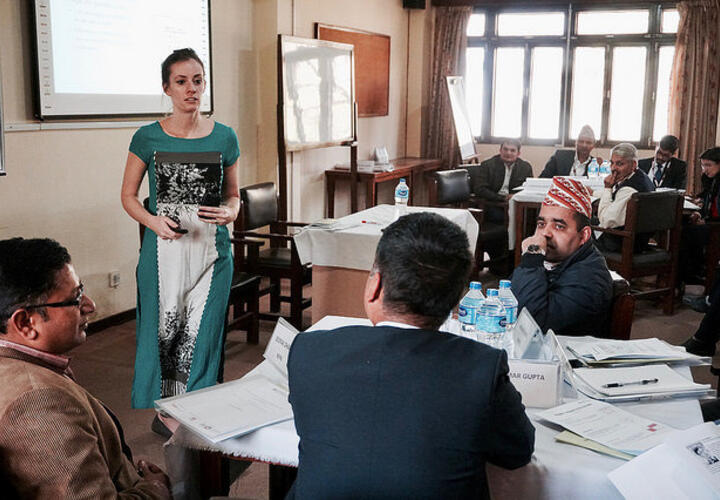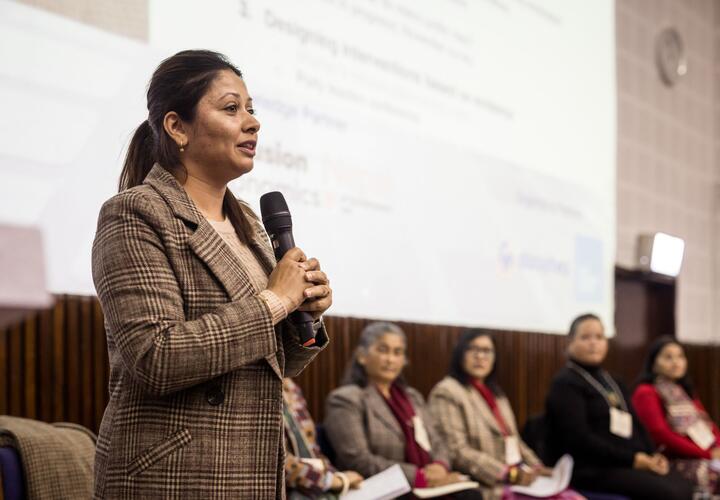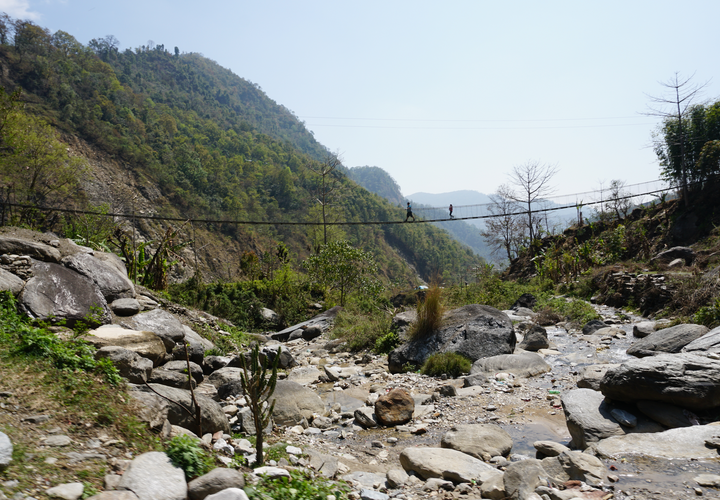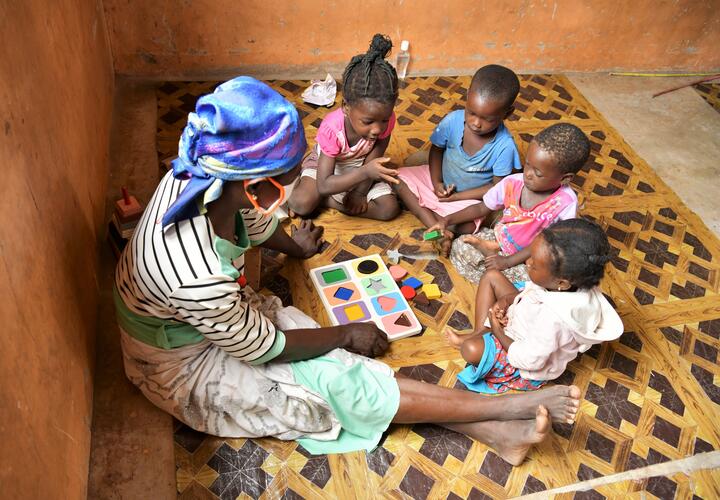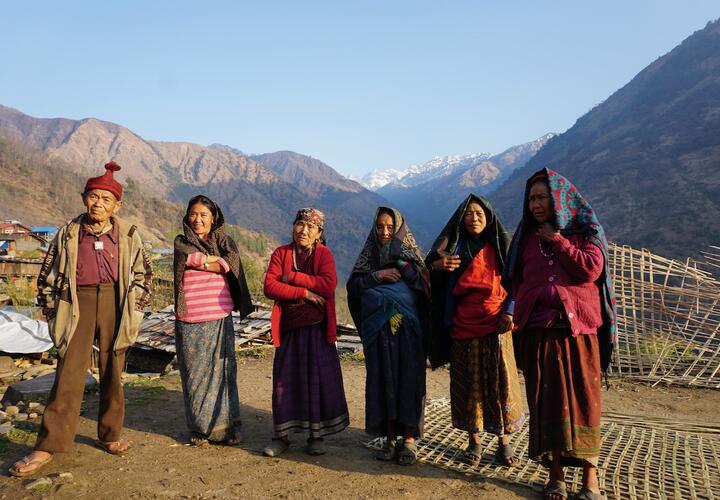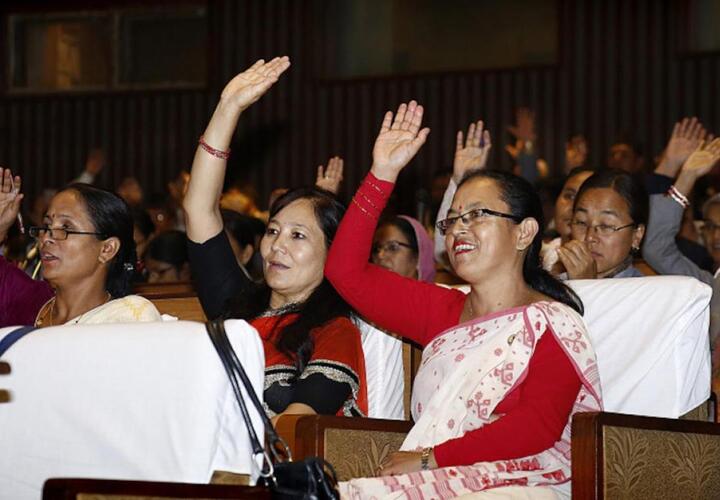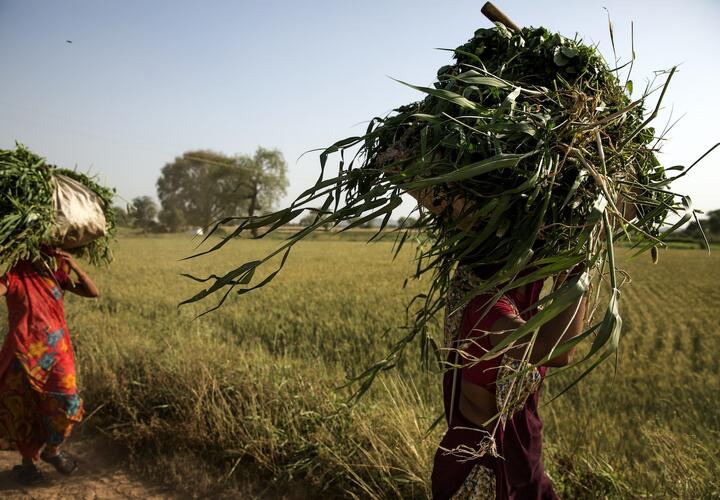News Item
… EPoD in Nepal: Building Capacity for Evidence-Based Policymaking By Rohini Pande and Michael … in Kathmandu in March to advance the use of data and research evidence in policymaking across South Asia. The … activities were part of EPoD's Building Capacity to Use Research Evidence (BCURE) program, funded with UK aid from …
Relevance: 65.19362
